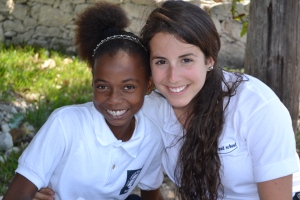The Human Ecology, Histories, and Literature Departments have collaborated on a series ongoing personal reflective essays called Eleutheros. Each week students are asked to write a reflective essay that demonstrates their understanding of the themes from their coursework and effectively links these themes to their unique thoughts and experiences. Enjoy reading these two articulate examples of how our students have deeply and personally engage with essential questions, important to their course of study at The Island School…
Prompt: Why is the sea valuable? Discuss different individual and cultural perspectives on the sea. Consider how your life experiences, as well as your learning in Histories, Literature, and Human Eco have impacted how you understand the value of the world’s oceans.
Mac McDonald:
My paddle dug into the muddy waters of the Mekong Delta, as I maneuvered amongst the floating homes. The children waved from the doorway of their school. Their school pitched in the ripples made by our canoes. The plastic jugs and Styrofoam, keeping the structure afloat, grumbled and moaned. Behind them I could see the desks, world maps, and chalkboard. Underneath the homes lay a world of sustainability. Giant nets filled with fish created the possibility of all this happening by creating an income for the village. Observing this world and perceiving how they utilize the sea through transport, income, religion, and as a base for their home, completely changed my thoughts on the ocean. I was able to realize how diverse the value of the sea truly is and in how many ways it can be manipulated for use. Continue reading


